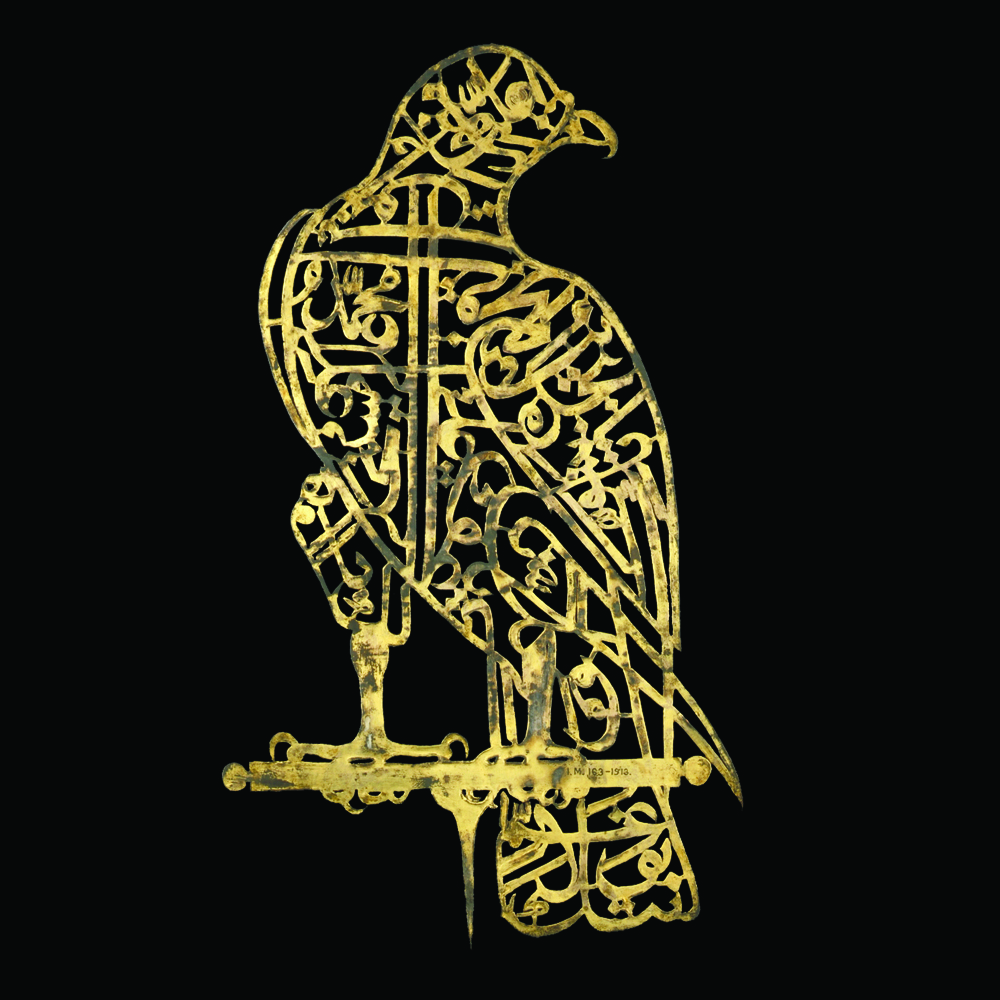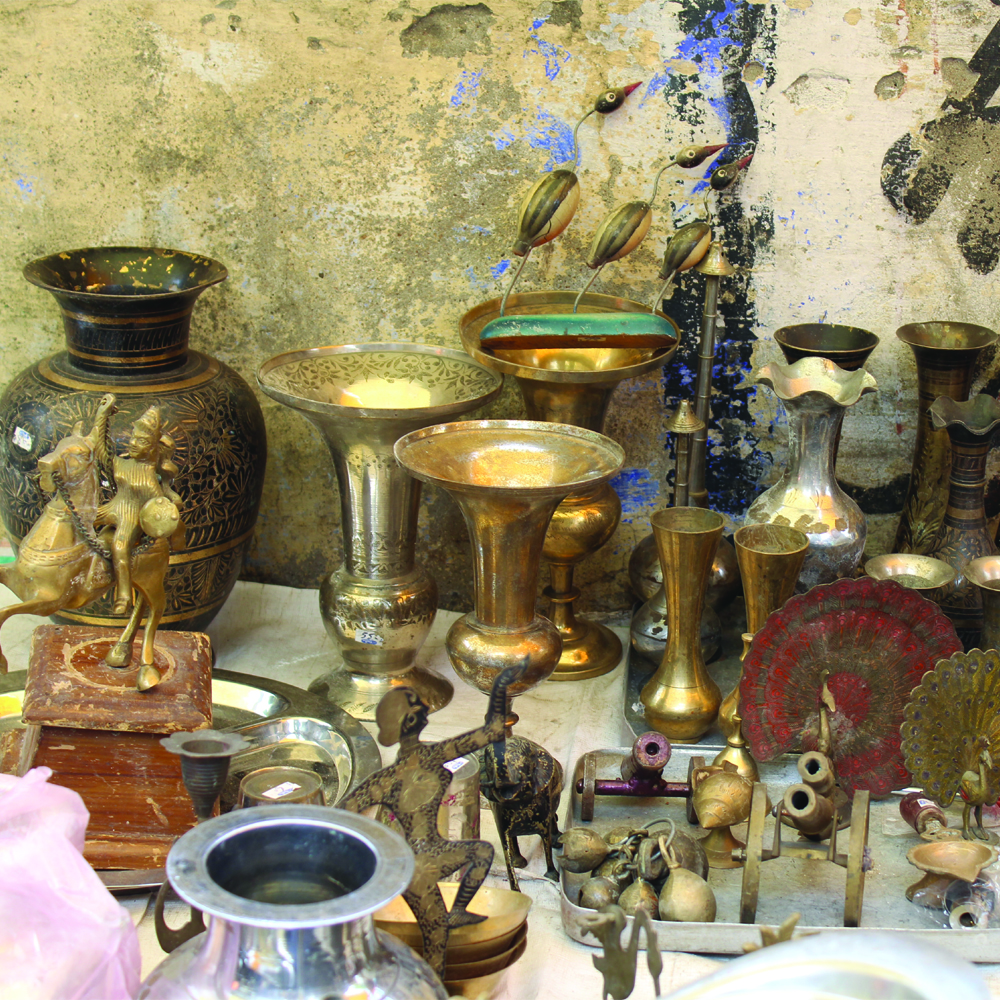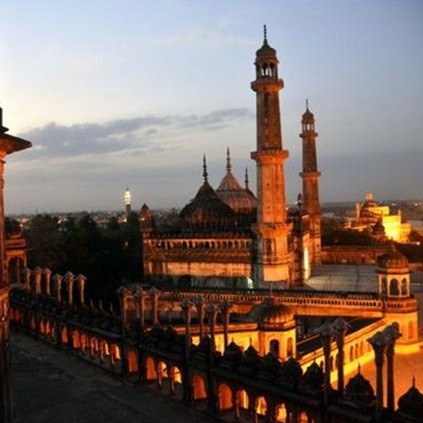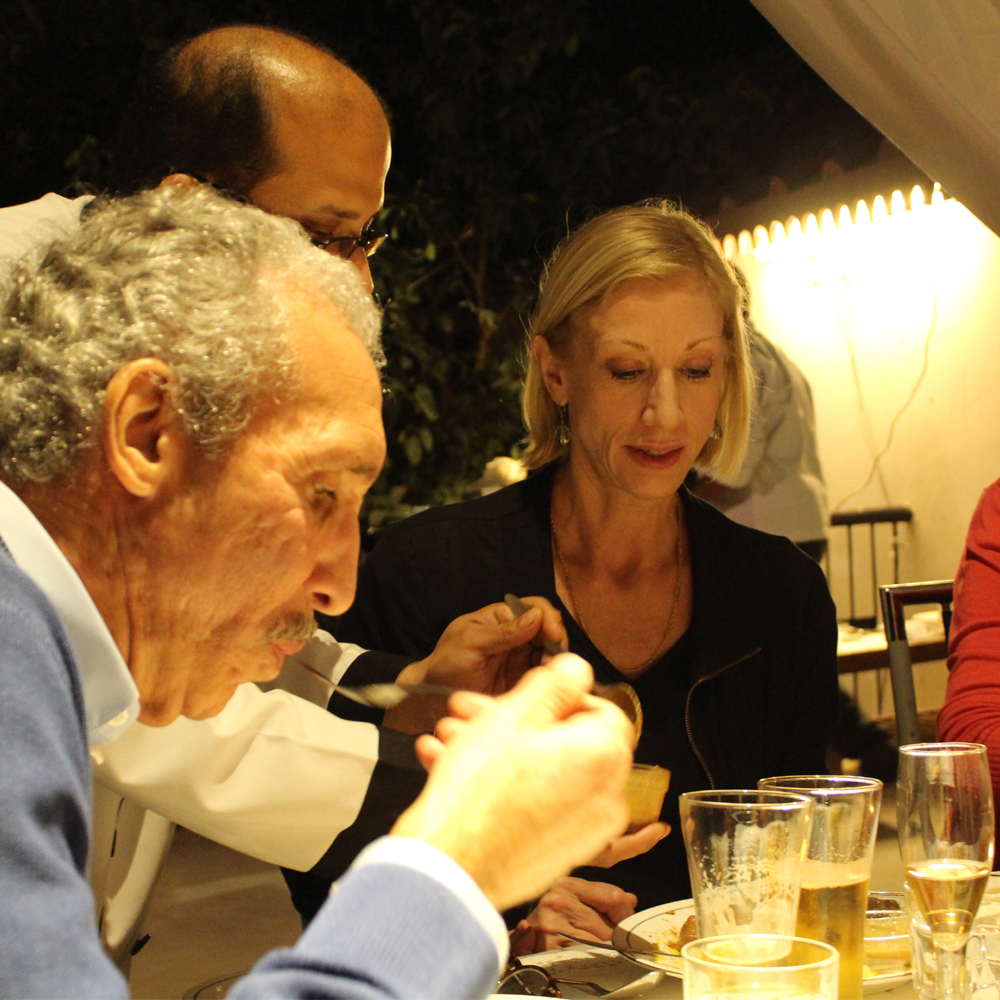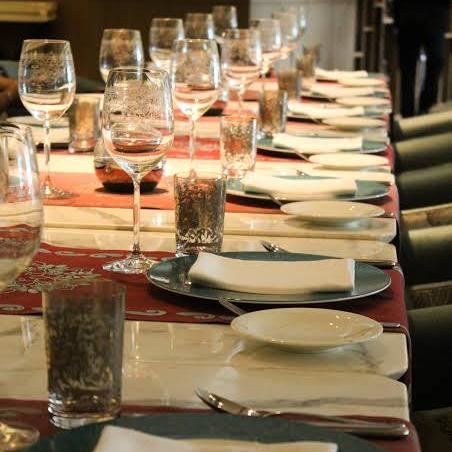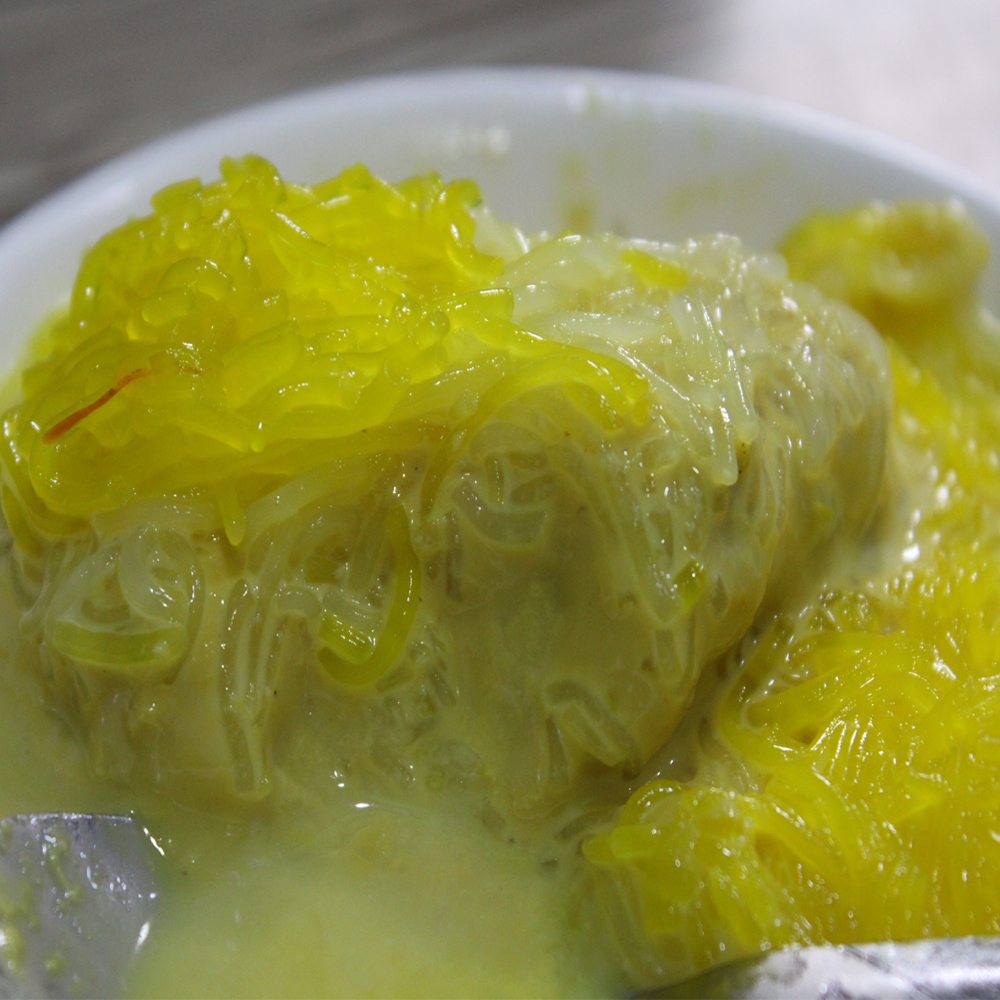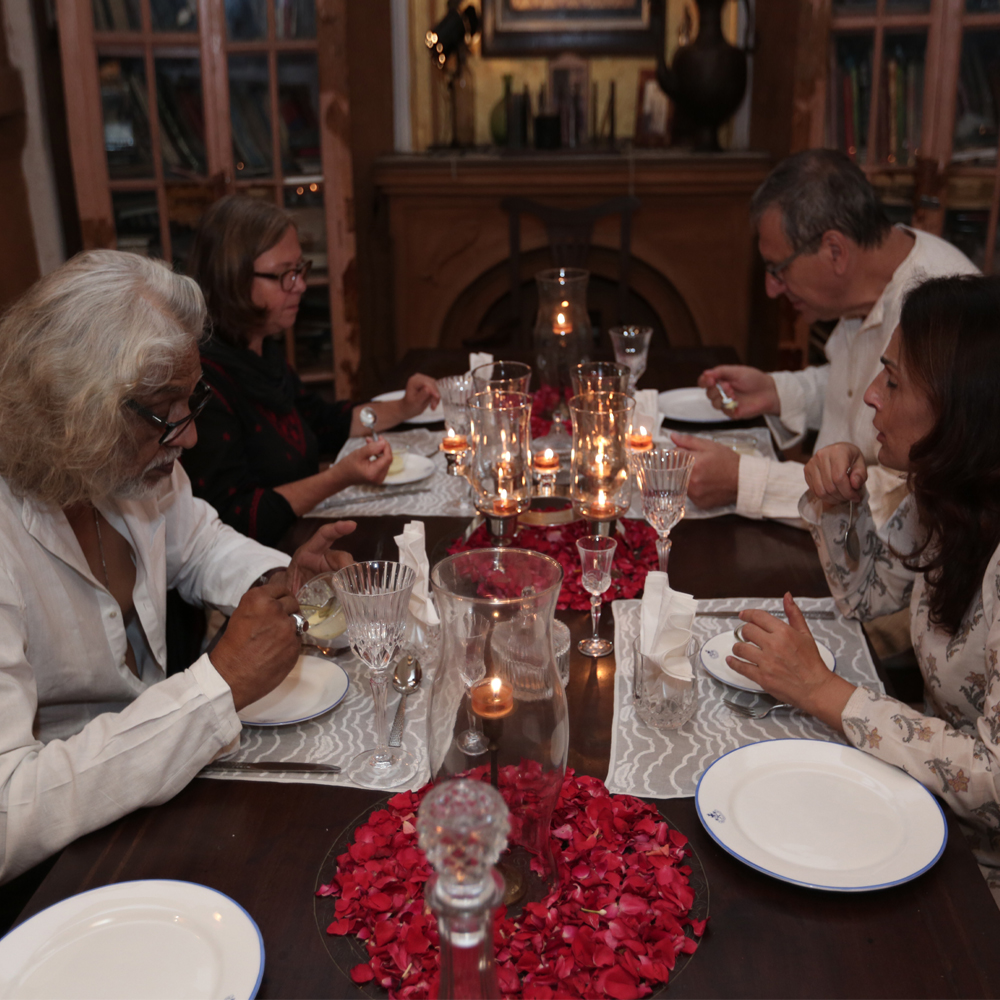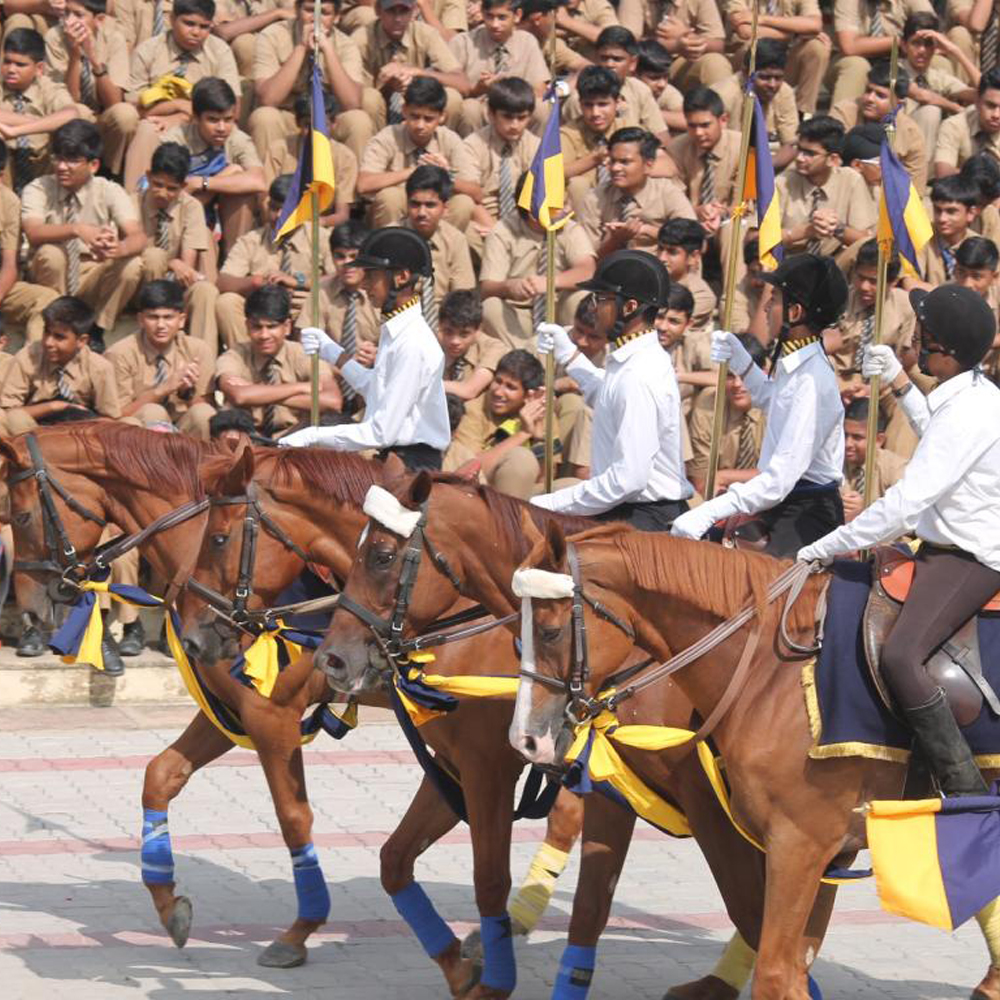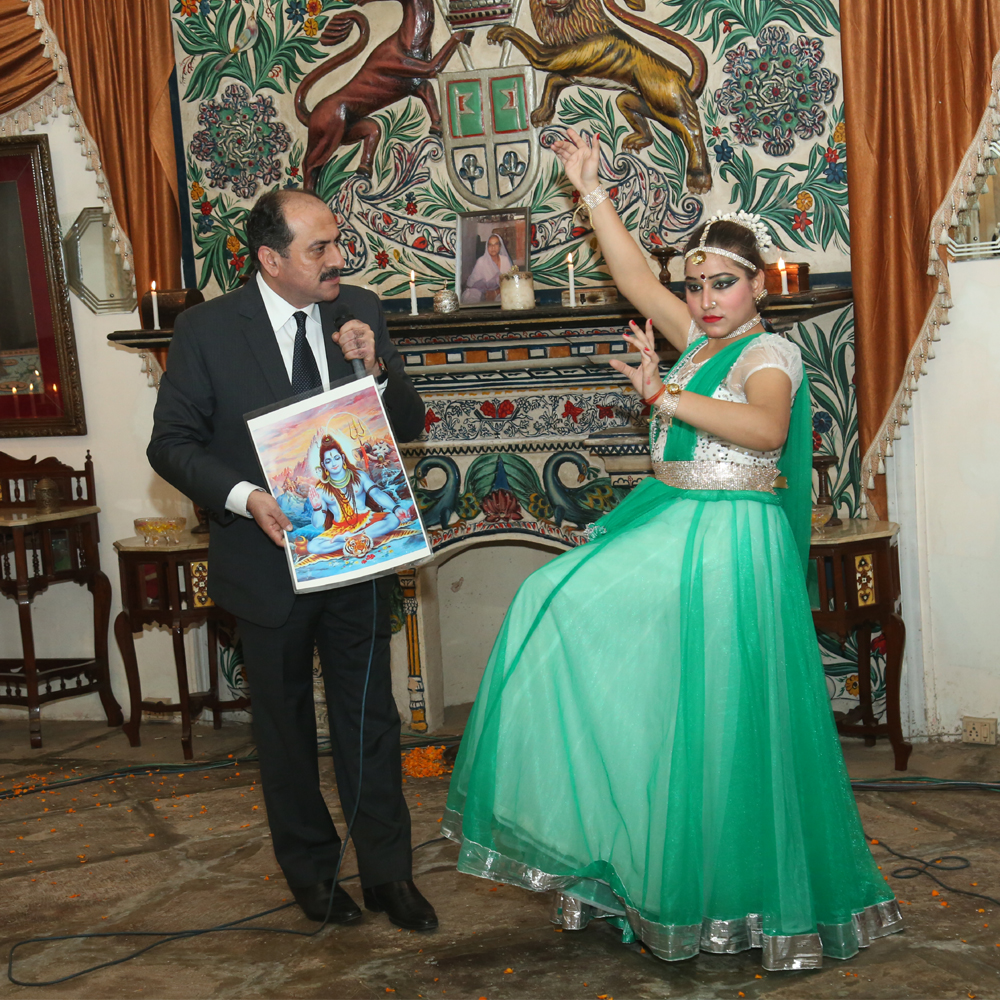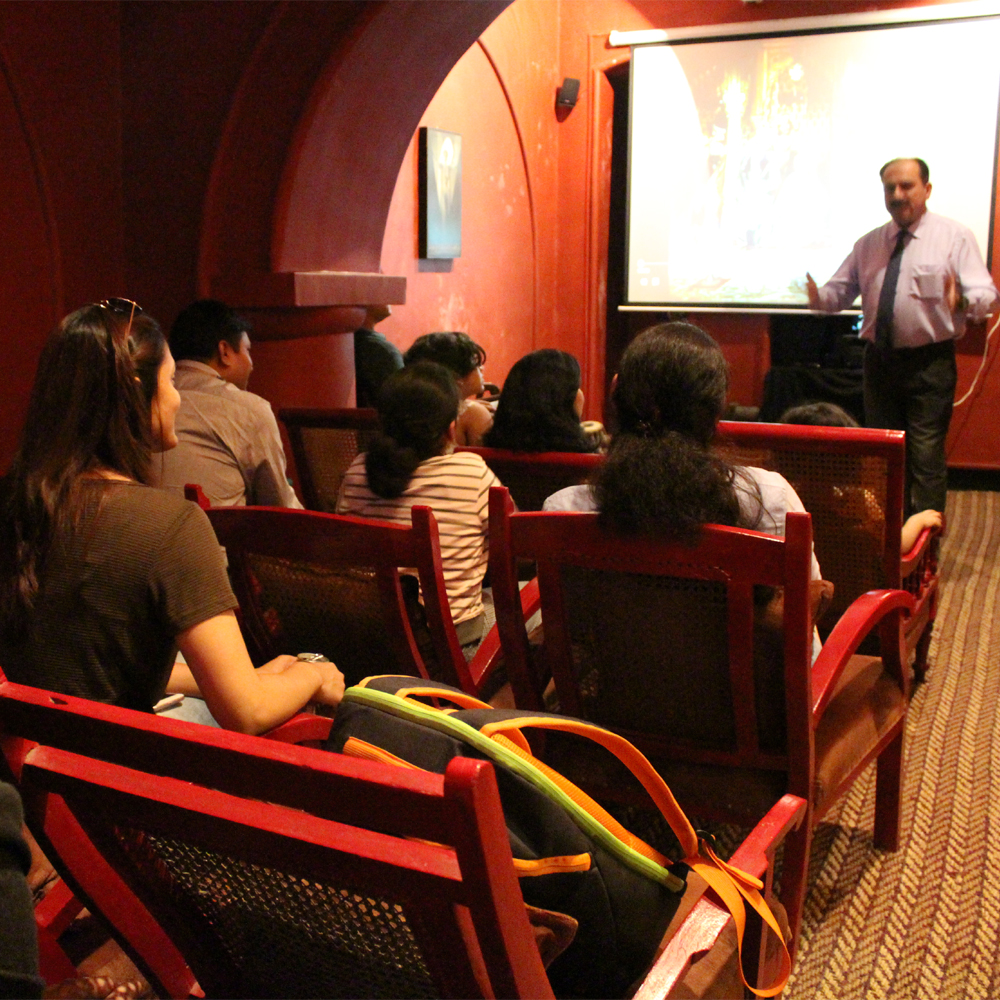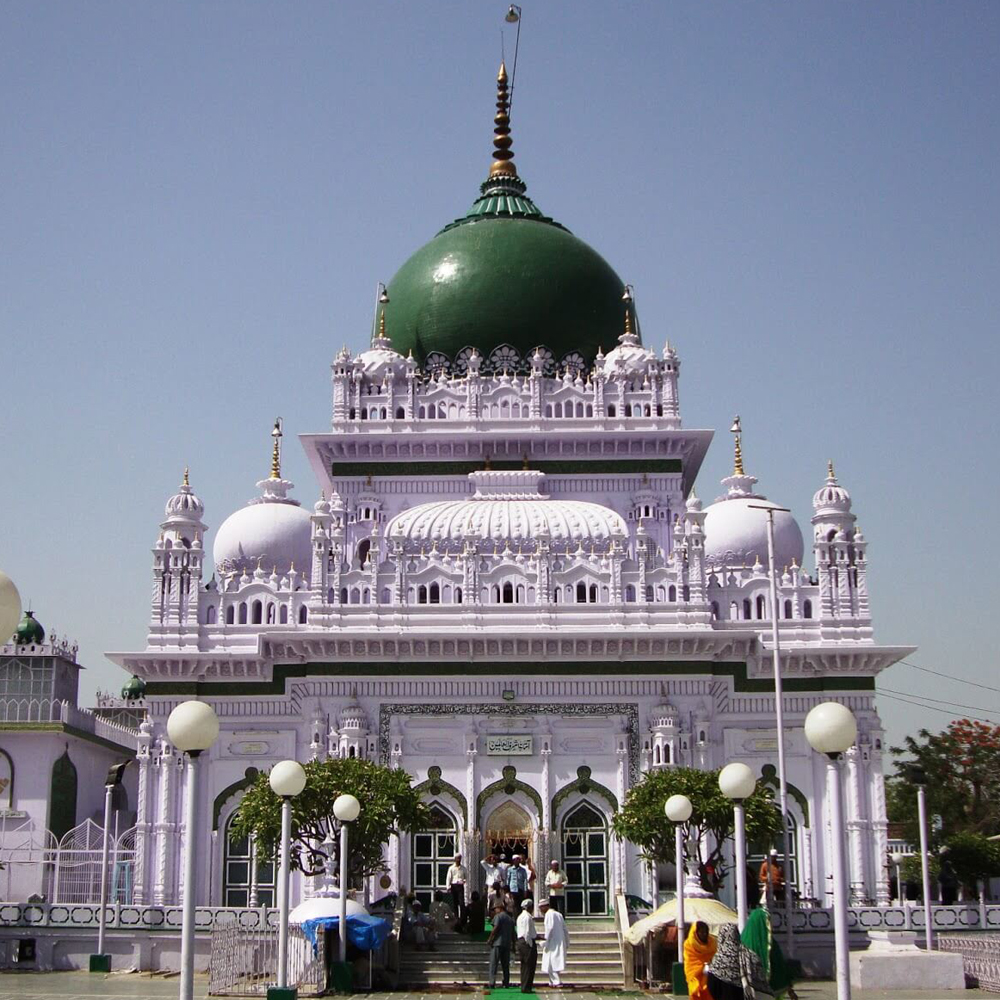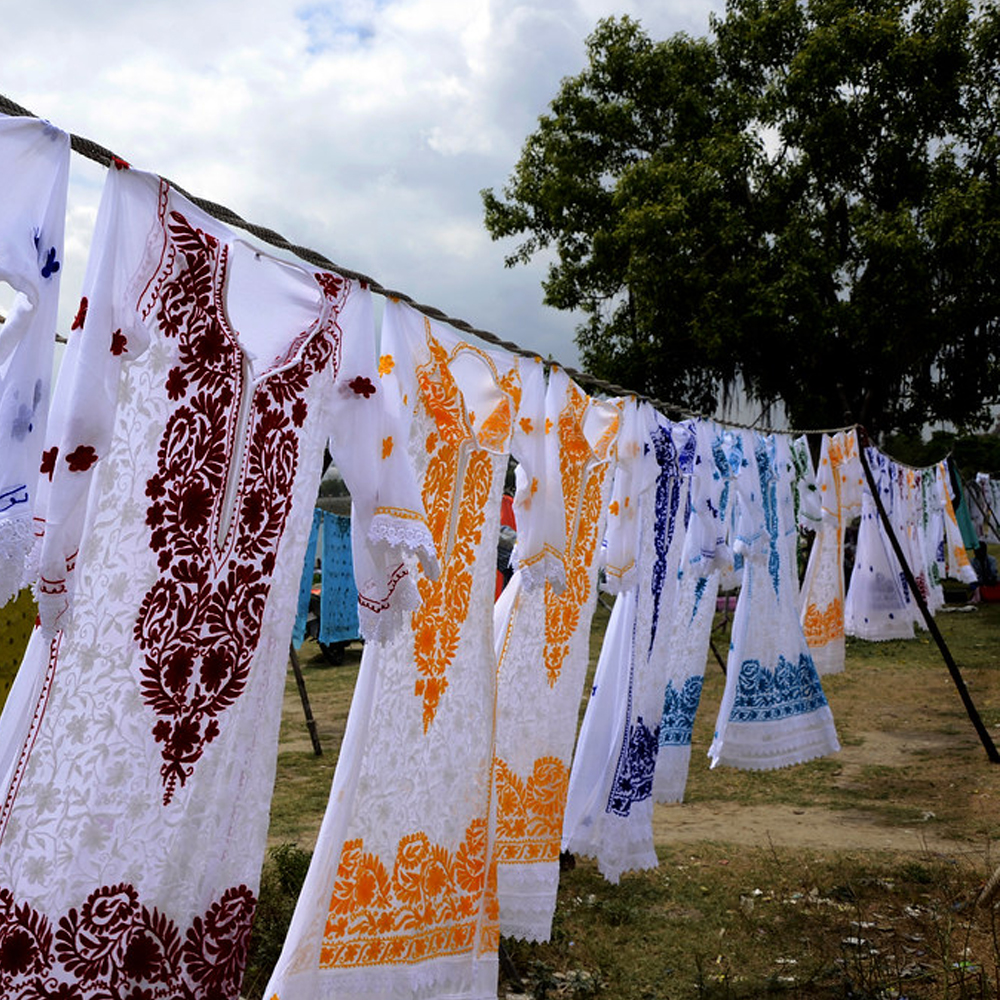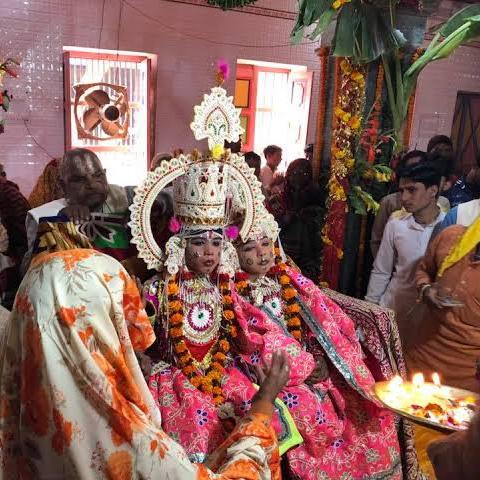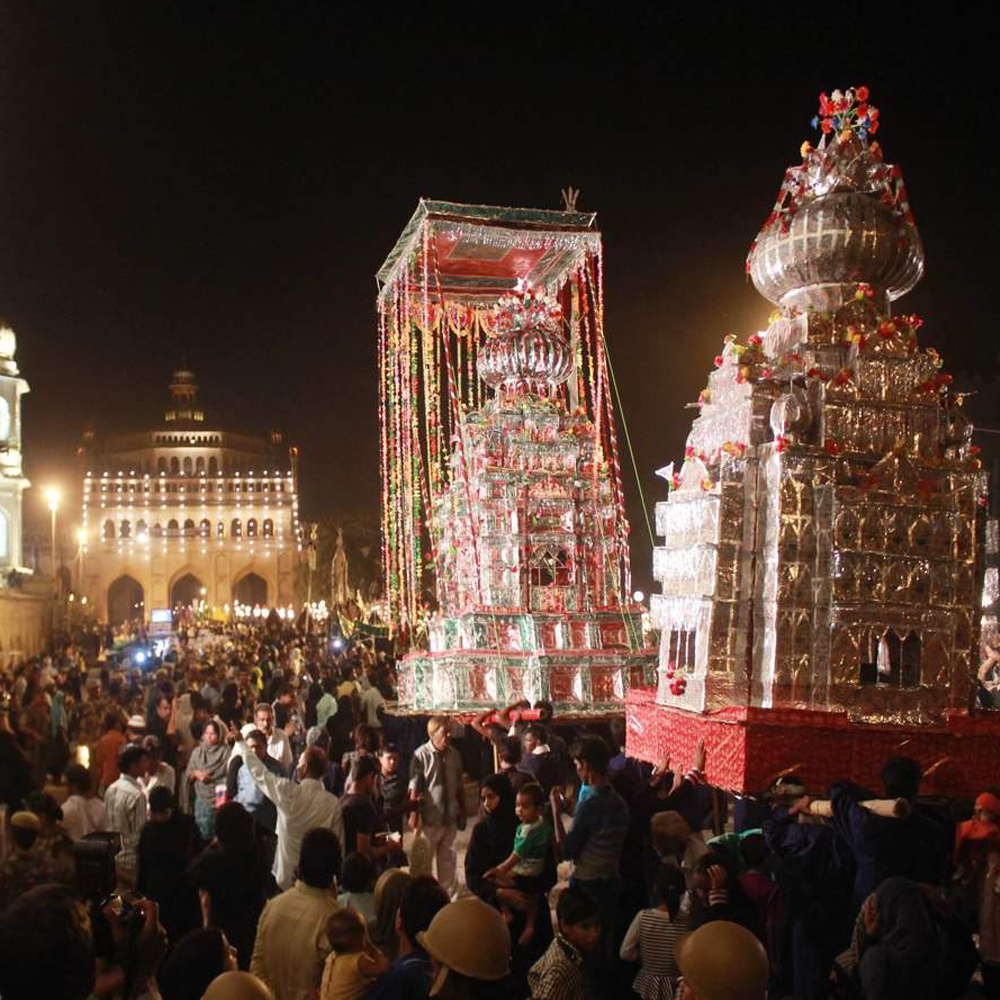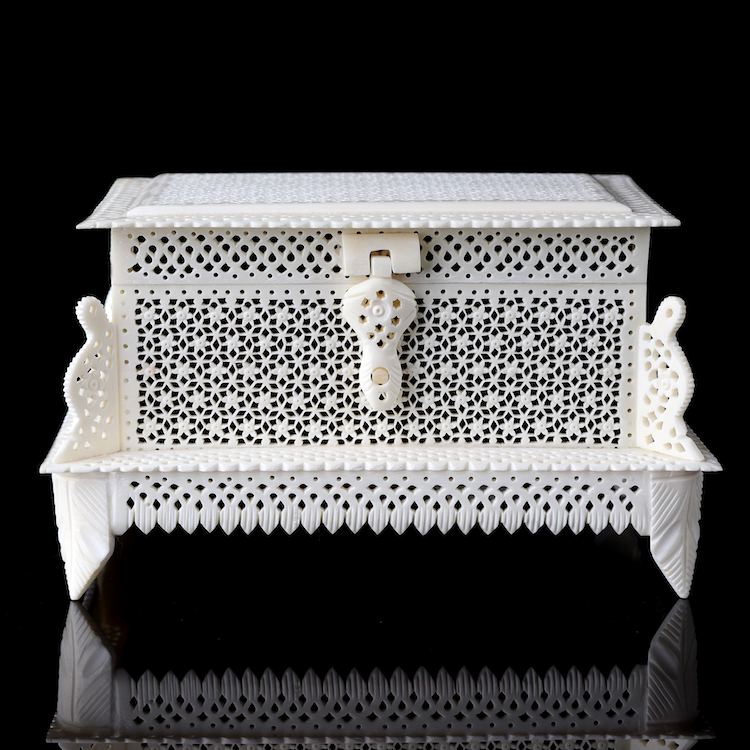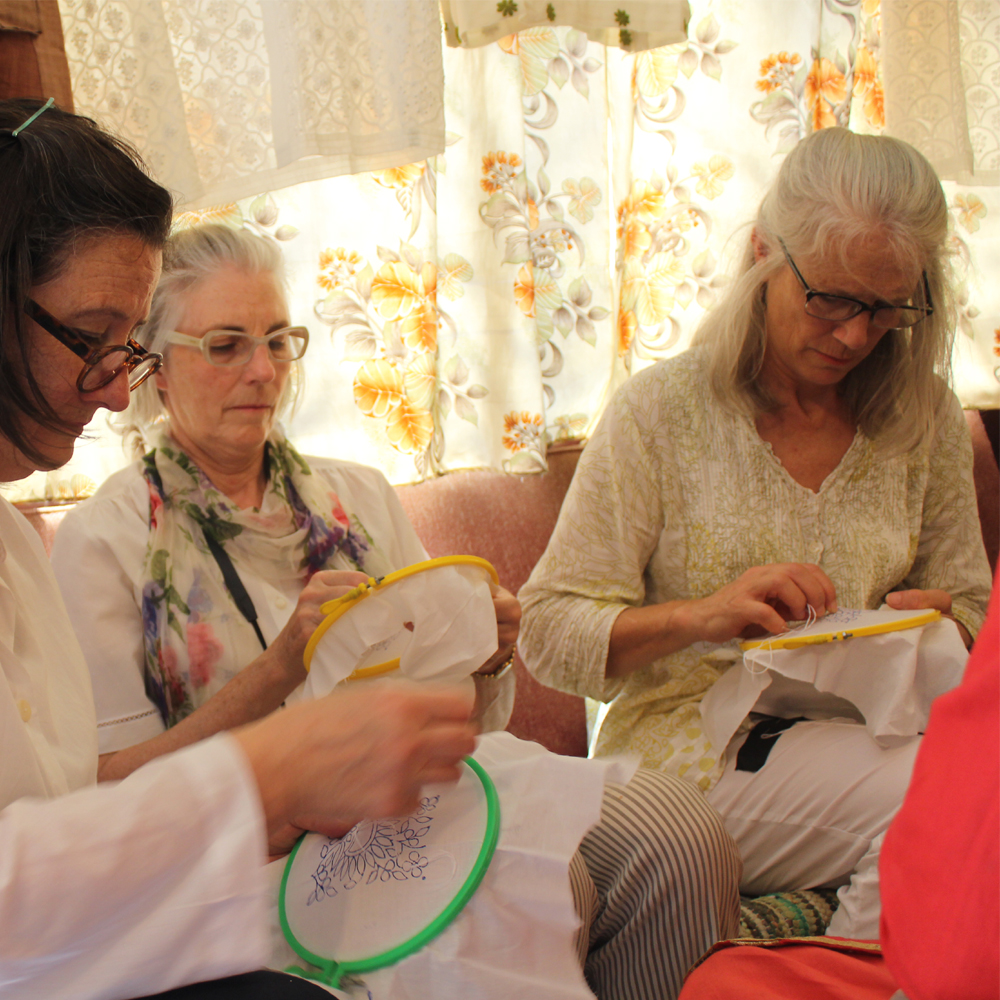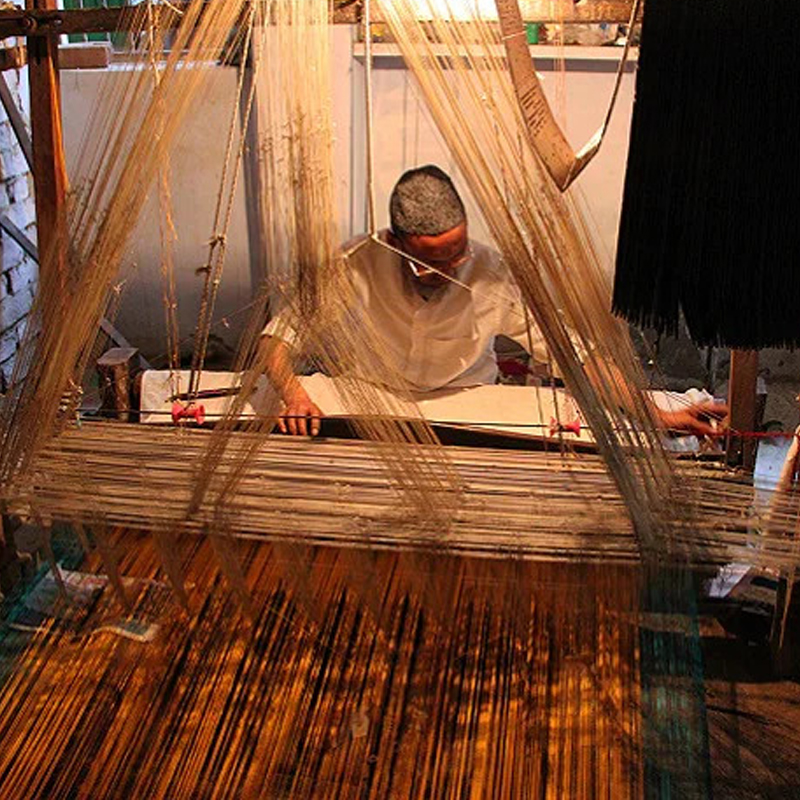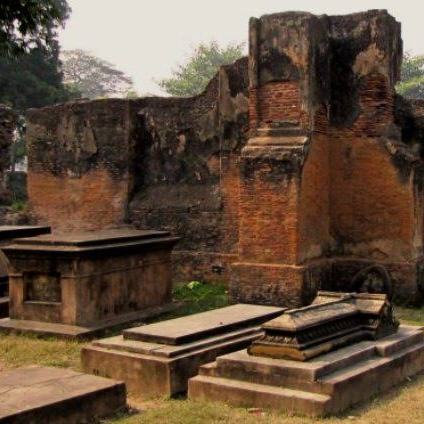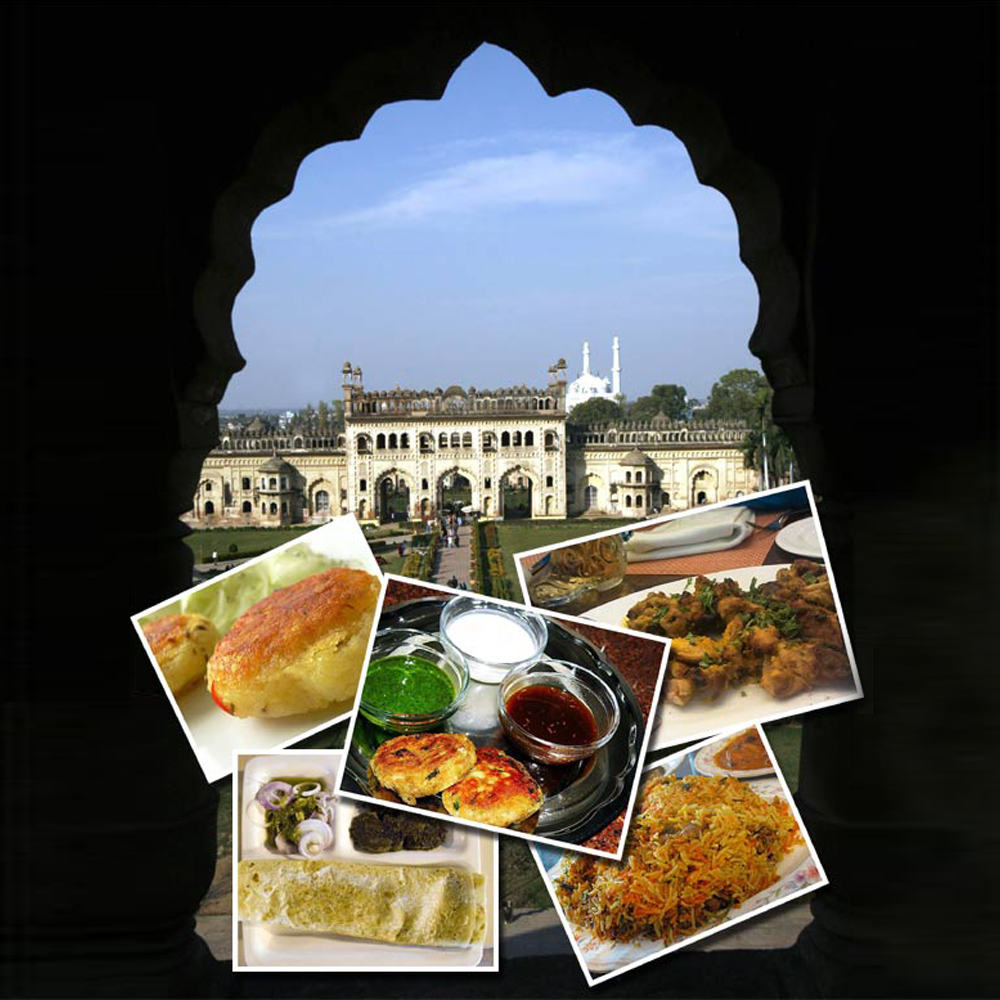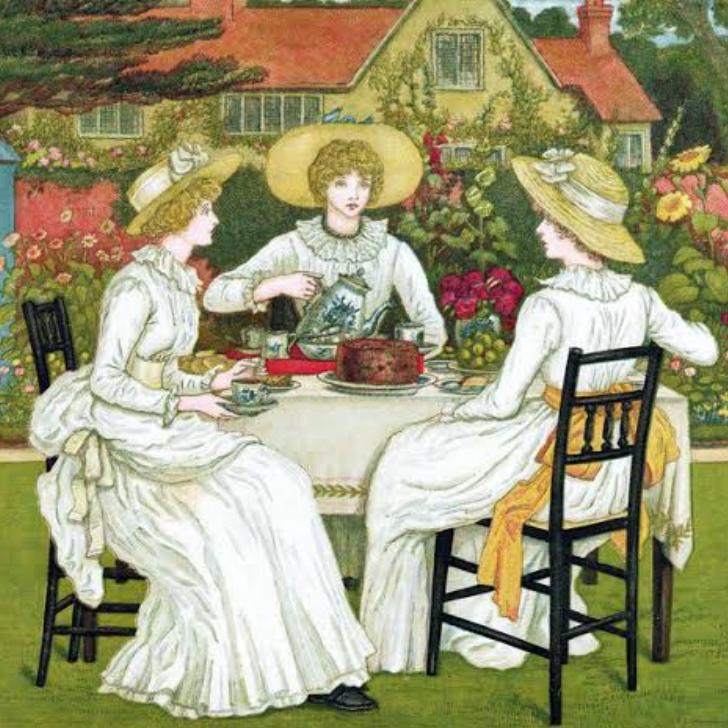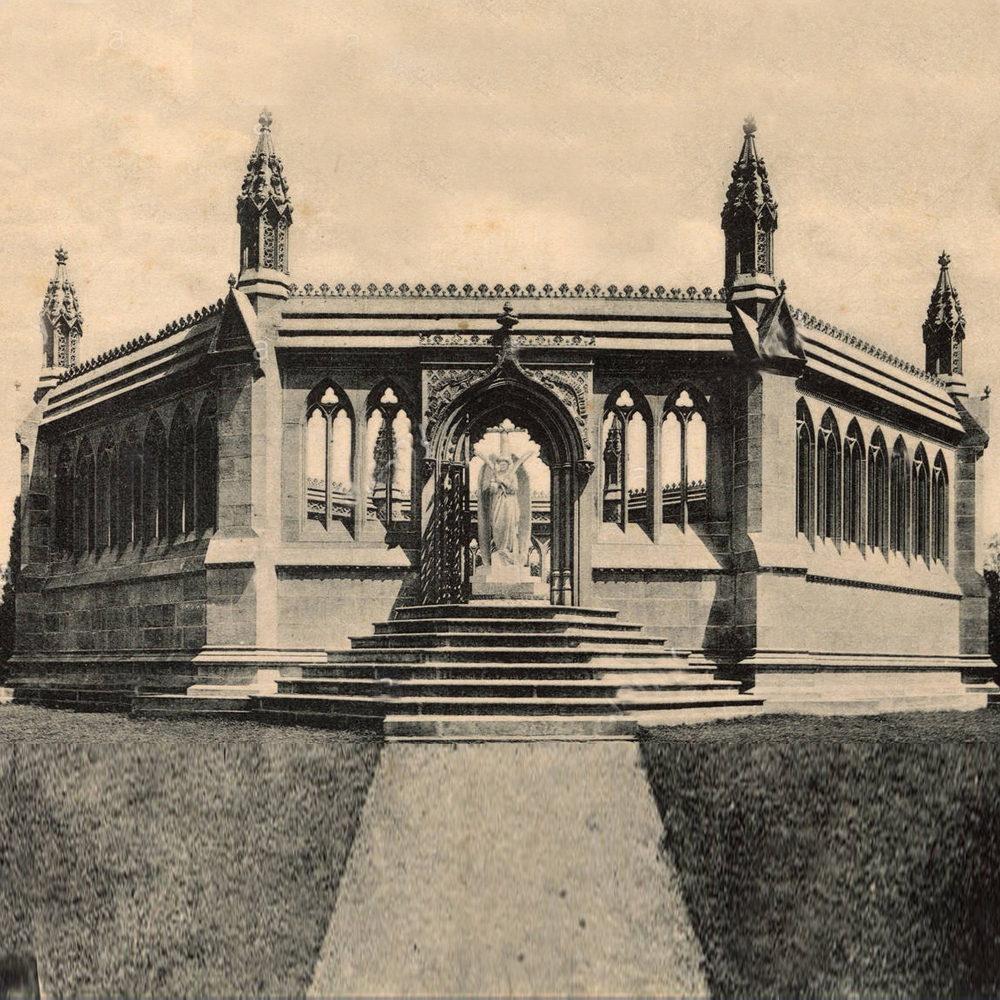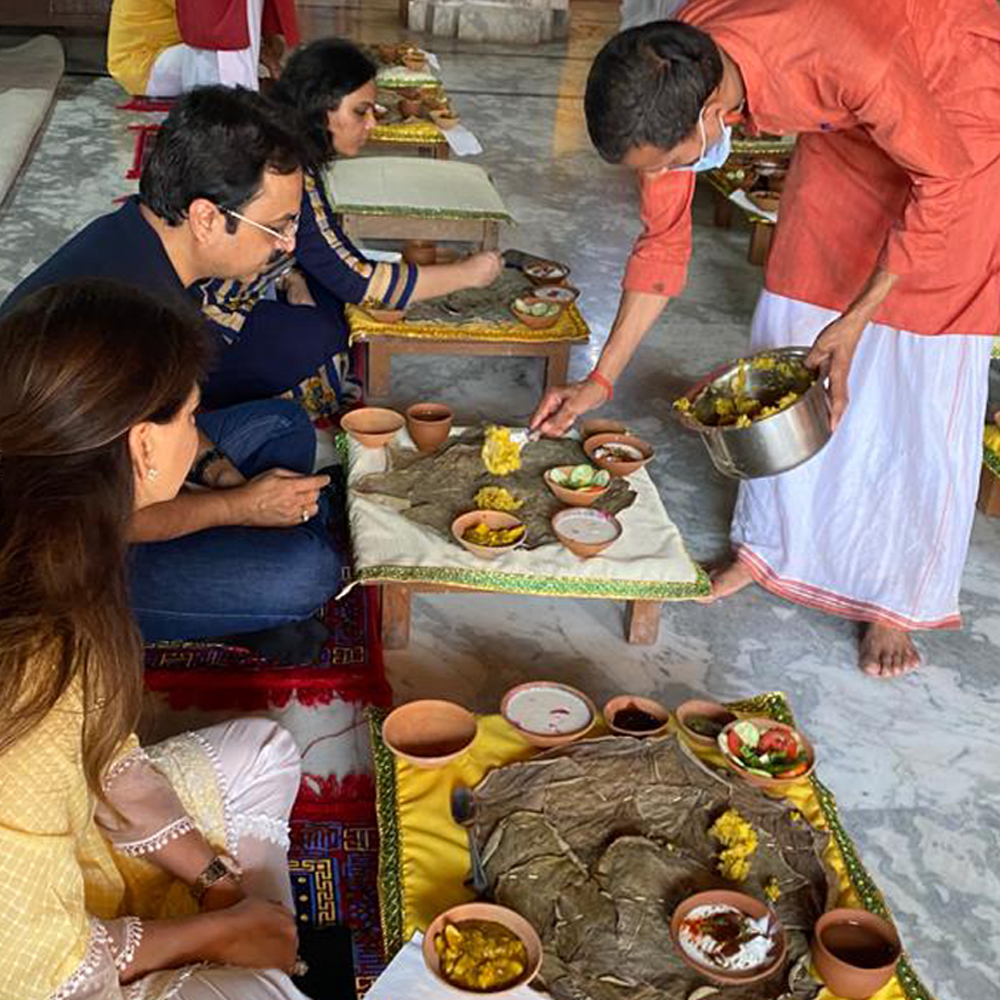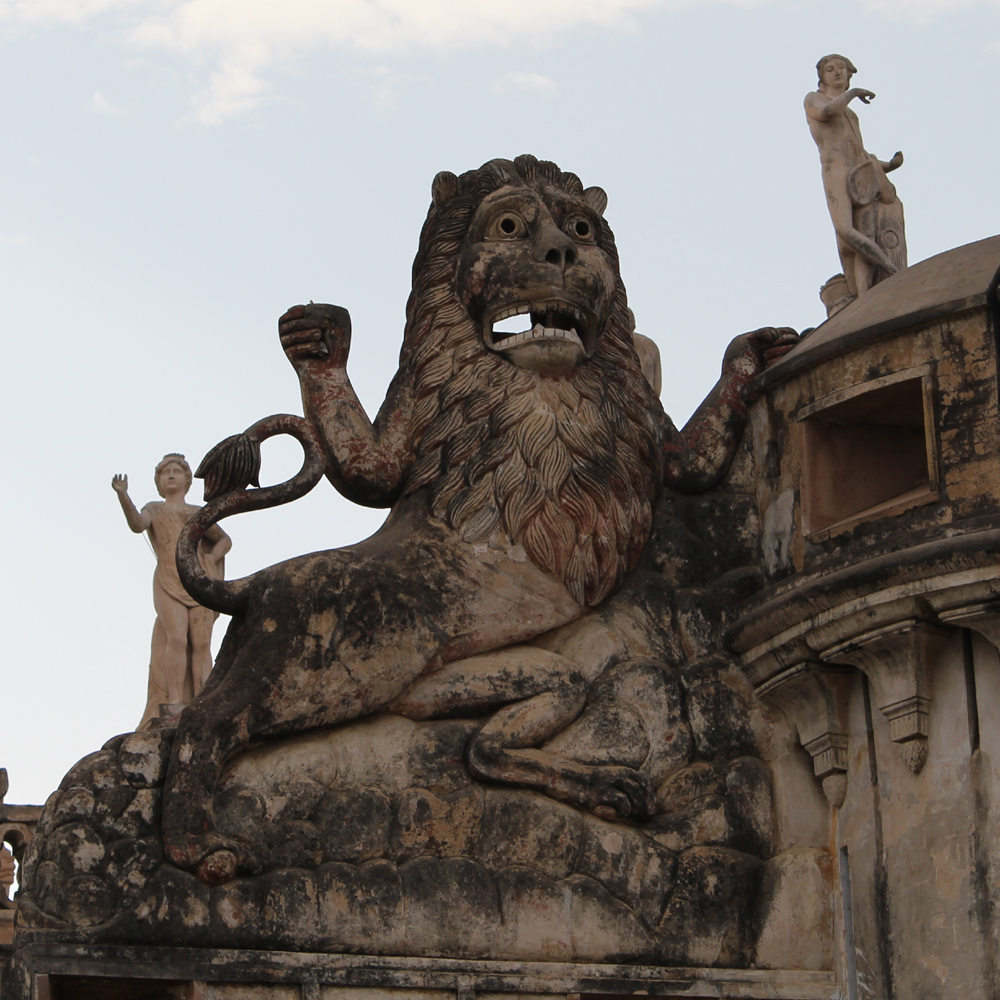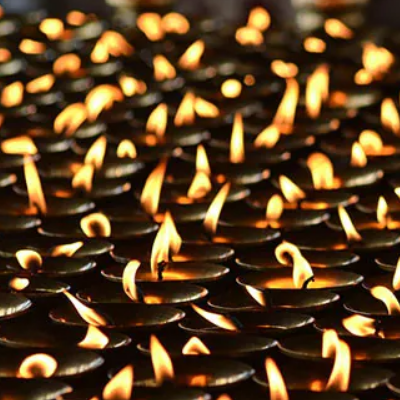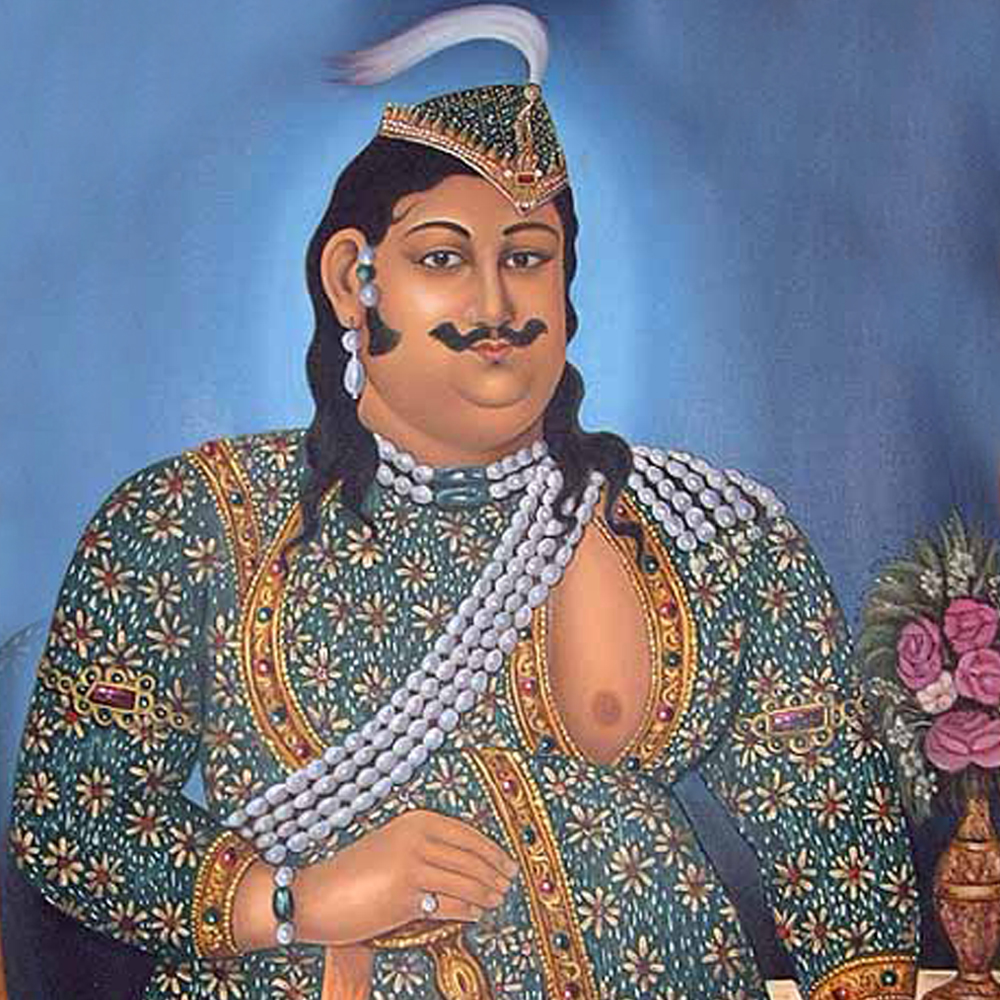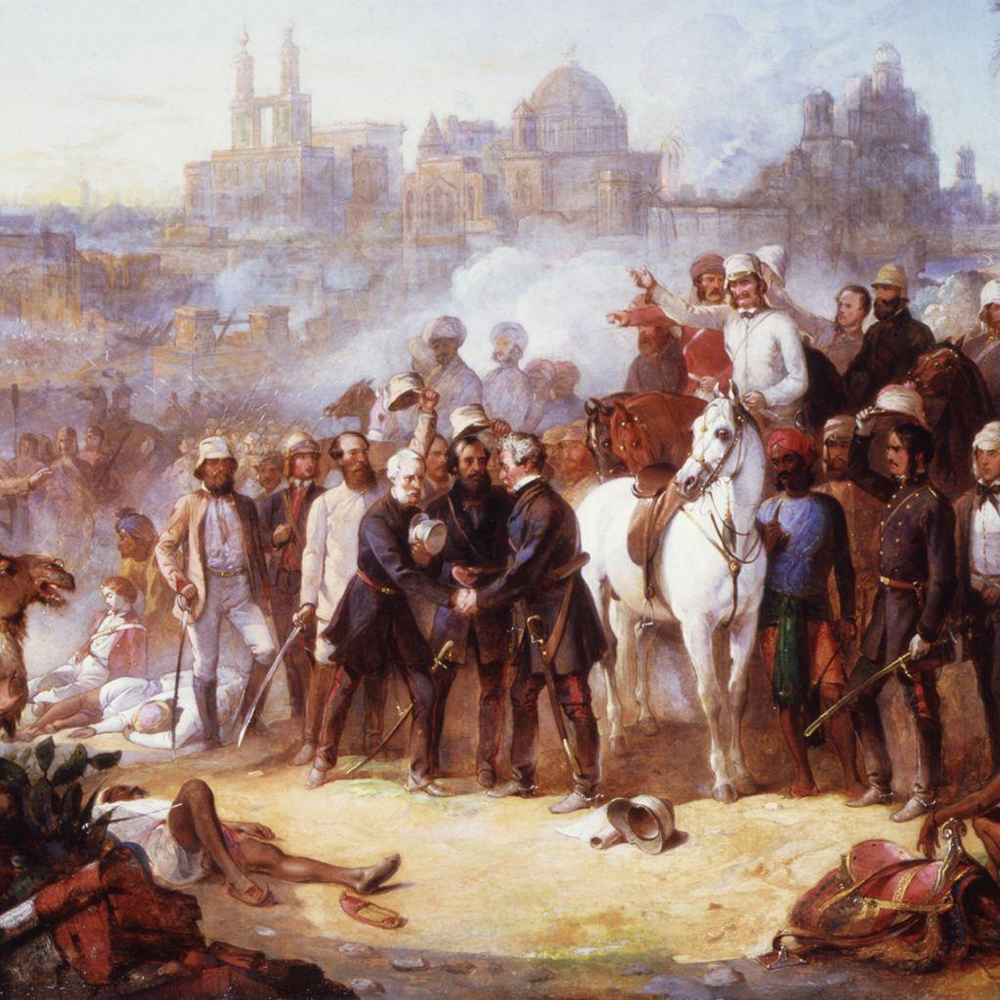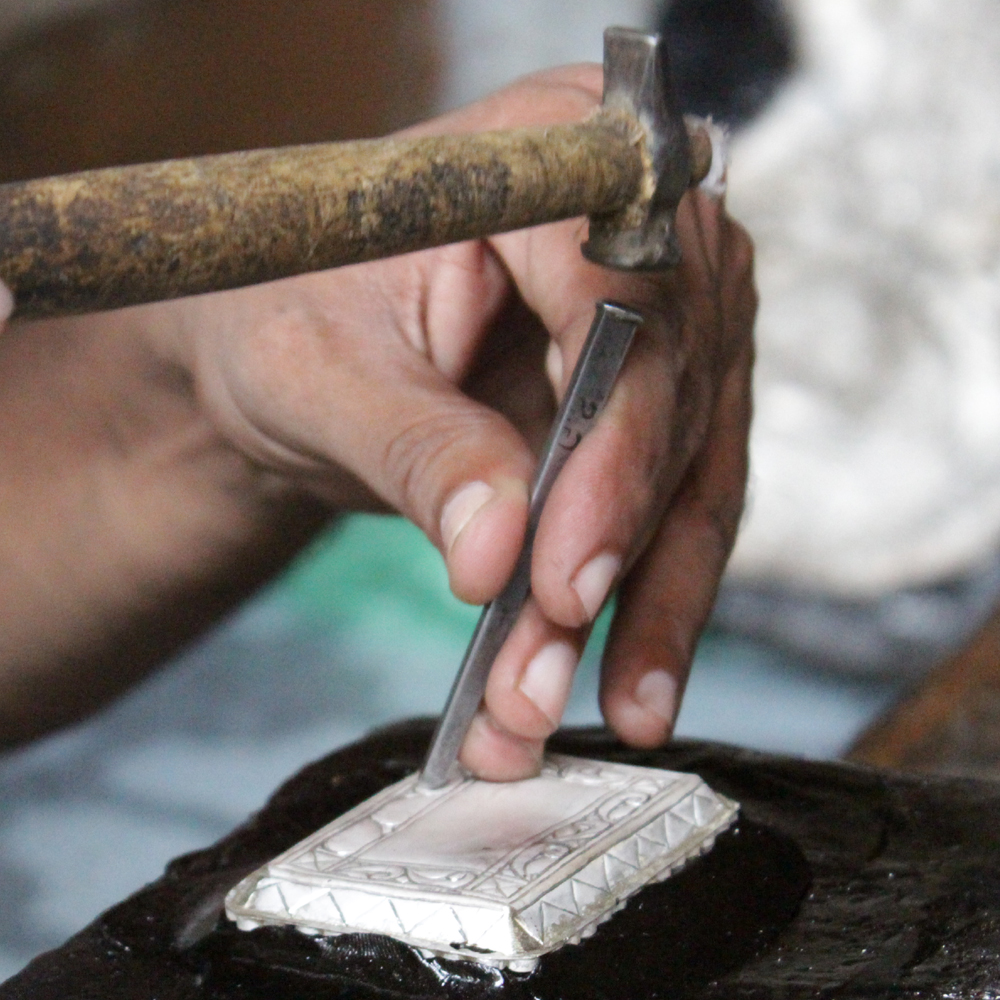Wajid Ali Shah, known for his deep involvement in fine arts like poetry and dance, had a vast zenana with around three hundred begums and paris, yet he always desired more. His appetite for love was immense and one that helped British to portray him in a bad light and finally dethrone him and annex the kingdom of Awadh.
One day, while visiting his Mother Queen, he was captivated by a young attendant whose lovely expressions and dimples immediately inflamed his desires. Forgetting the purpose of his visit, he demanded the attendant be brought to him in his harem.
His mother, however, was resolute. She showed her displeasure and told her son Wajid Ali Shah that he should concentrate on administration rather than indulging in such pleasure which will take the kingdom of Awadh nowhere.
Nawab Wajid Ali Shah was adamant and told his mother that he wouldn’t be able to live without her and that he very badly wanted her to be in his harem. But in spite of his pleading, Wajid Ali Shah’s mother remained unmoved.
His persistence continued for several days until his mother revealed, that she has a distinctive and somewhat unsettling feature: a long, serpentine, hairy braid that falls down her back. It gives her an ominous appearance.
On hearing this from his mother Wajid Ali Shah enquired if that brought bad luck? She affirmed that this will bring bad luck not only for him but for the entire kingdom.
Hearing this, the Nawab became anxious, fearing that other women in his harem might possess similar ill-omened braids, causing his misfortunes. He rushed back to his palace and ordered Bashir-ud-Daula, his chief eunuch, to examine all the ladies, except the chief Begum, for this sinister mark.
Bashir-ud-Daula seized this as a golden opportunity for personal gain. The cunning eunuch identified those who could pay handsomely and falsely accused them of having the braid. Desperate to avoid being associated with bad luck, these ladies bribed him generously, swelling his pockets. However, he knew he couldn’t extort money from those who genuinely had the ominous feature. He included them on the list and presented it to the Nawab. Among them was none other than Hazrat Mahal. Upon hearing the names, the Nawab divorced his eight wives.
They were all expelled from Kaiserbagh Palace but were allowed to reside in Chaulakhi Kothi, a favor extended to them as they had committed no wrongdoing against the Nawab.
The Nawab, who never wished to part with any of his wives, was deeply disappointed but helpless. He especially missed Hazrat Mahal, as he cherished her company and valued her practical insights on various aspects of life, including the kingdom and its administration.
The begums who had paid bribes feared further exploitation by the eunuch. They also noticed the Nawab’s difficulty in accepting the separation from Hazrat Mahal. Collaborating, they convinced him that Hindu priests could offer remedies to negate the evil effects of the ominous feature, which was exactly what the Nawab desired.
Hindu priests were promptly summoned. After consulting sacred texts and astrological calculations, they declared that offering a gold snake to fire would eliminate the evil effects of the braid.
This ritual was swiftly performed. Satisfied, the Nawab personally invited the eight expelled begums to return to Kaiserbagh Palace. To his dismay, only two consented; the others, including Hazrat Mahal, declined. She felt hurt by the entire ordeal and remained in Chaulakhi Kothi with her young son. The gentle Nawab respected her decision and, instead of forcing her to return, visited her frequently.
The Nawab’s eccentricities continued. On one occasion, he ordered all his employees to participate in a three-day celebration, dressed solely in saffron-colored clothes, simply to observe their collective appearance.






